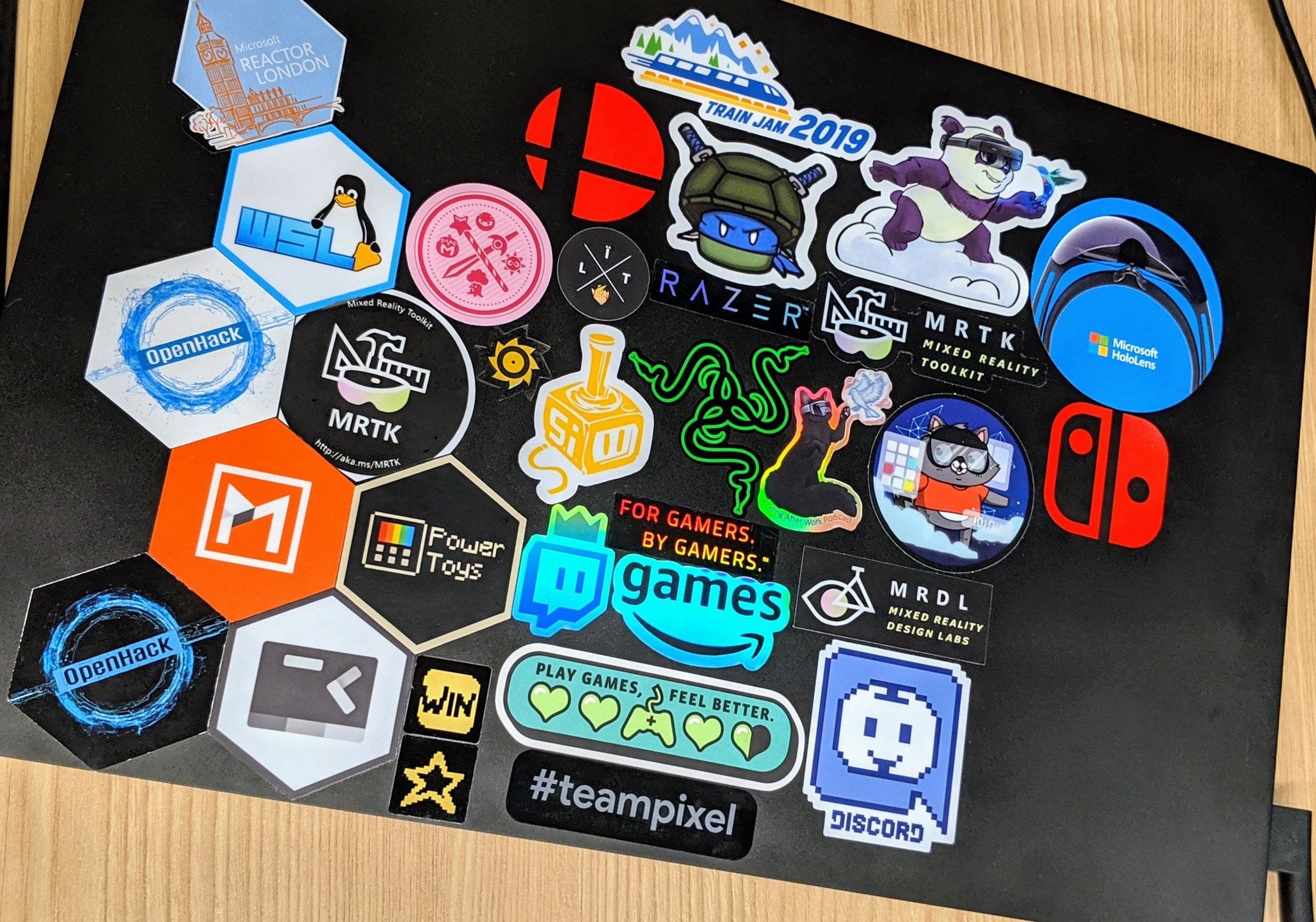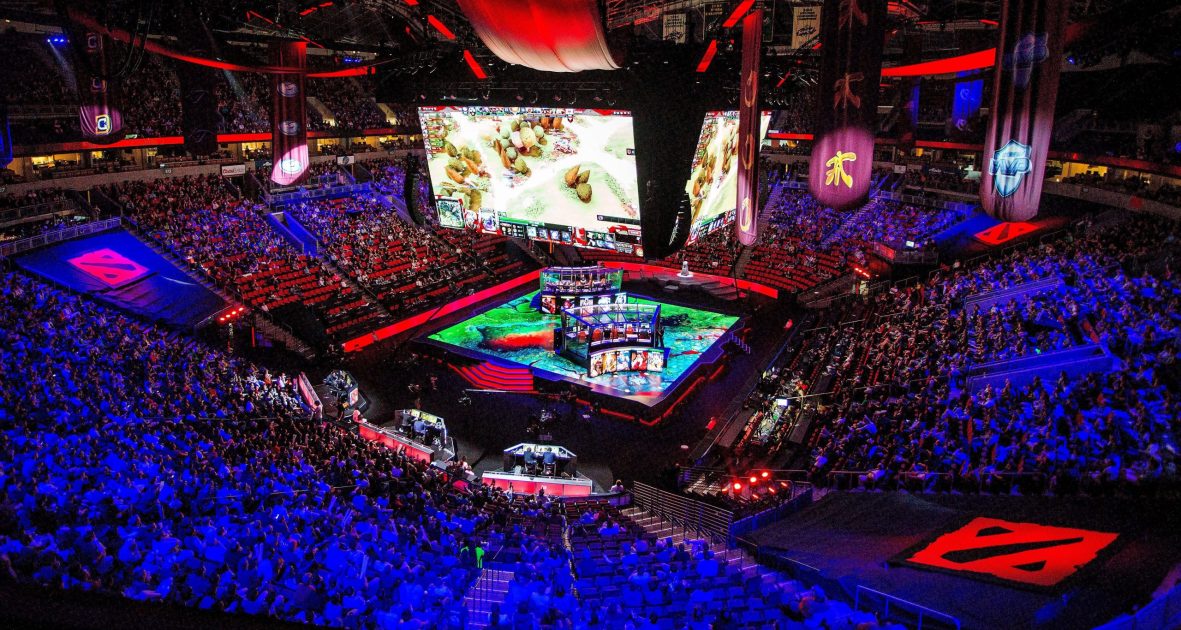The video game industry is a multi-billion-dollar market. According to the latest data, the number of gamers is expected to amount to more than 3 billion by the end of 2027, and the video games market is projected to generate around $384 billion in revenue in 2023 alone.
As one of the most lucrative markets, the video gaming industry is continuously evolving. Moreover, market leaders are always on the lookout for new ideas and technologies that can shape the future of video gaming, one of which just might be provably fair gaming.
In case you’re not familiar with the term, there’s no reason to worry—we’ll cover everything you need to know about provably fair technology, and we’ll take a closer look at how much of an impact provably fair technology might have on the future of video gaming.
Understanding Provably Fair Technology
Provably fair is an algorithm-based technology that allows you to verify an outcome of a game or within a game. Unlike traditional RNG systems, provably fair is powered by immutable blockchain technology.
With traditional gaming systems, you are somewhat forced to trust the developer’s certificate of fairness. In fact, the only way to verify the outcome is to inspect the developer’s RNG system itself.
But, have you ever heard of a developer or a video game studio that allows just about anyone to inspect their line of code and verify its RNG systems?
On the other hand, provably fair technology allows you to do just that—anyone can verify the result of any outcome within a game that’s based on provably fair technology.
So, how does it work?
Simply put, the algorithm generates an encrypted key called a hash before the game or a round starts and sends it to all the participants. The hash contains the results of the round, hand, or an outcome within the game you are playing.
Once the round ends, the algorithm sends a new key to the participants, which is used to encrypt the first key containing the results, allowing you to verify the outcome and its fairness.
Granted, while there is a lot more complexity and nuance that goes into it, that about covers the gist of provably fair technology.
The Potential Use of Provably Fair Technology in Video Games
Even though provably fair technology is most often used in provably fair gambling, the provably fair approach may become a staple in the video game industry.
Whether we like it or not, microtransactions play a significant role in the world of gaming— premium PC AAA titles and console games alike have various microtransactions implemented into them. Even some of the best free RPG games for PC have microtransactions, which is a way for game studios to earn additional revenue, considering they release free-to-play games.
In a lot of cases, you know exactly what you are paying for. Video game developers add in-game shops where you can buy a variety of items, be it cosmetics, power-ups, experience boosts, new cars for racing games, and a variety of other things.
However, a ton of modern games have loot boxes that contain a variety of items of different values. Prime examples are shooters like CS:GO and Apex Legends, sports games like FIFA and the NBA franchises, and many more.
To open a loot box, you usually need a key, which costs actual money, so how do you know exactly what you are spending your money on?
Even though game developers usually display the chances of you winning rare items, there is no actual way to verify the outcome, which is where provably fair technology may come in handy.
Since loot boxes are similar to online gambling and opening a loot box is no different from a game of chance, using provably fair technology can significantly improve transparency and increase player trust.
Provably Fair Casinos: Revolutionizing Online Gambling
While provably fair technology is far from a staple in video gaming, the technology is already making waves in the online gambling industry.
Provably fair casinos are all over the place and the provably fair technology eliminates any concerns regarding trust, or rather, lack of it. Players can enjoy games like blackjack, roulette, and many others, knowing that they are not being cheated out of their money.
Not only that, but many of the casinos have gone a step further and added new titles to their game libraries that rely on blockchain technology and have provably fair technology at their cores, attracting new players who value transparency, trust, and fairness.
Seeing the importance of provably fair gaming in the online gambling industry and how gambling and gaming are somewhat connected, it is safe to assume that the provably fair technology will slowly make its way into the world of gaming.
The Wrap Up
Provably fair technology allows you to verify an outcome of an event by using immutable and transparent blockchain technology.
At the moment, the most significant application of provably fair technology is in the online gambling industry.
As far as video gaming goes, provably fair has yet to make its mark on the gaming industry. However, with microtransactions becoming a norm and with loot boxes being similar to games of chance, provably fair technology just might be the thing we need to make sure game developers are keeping it fair and transparent.




